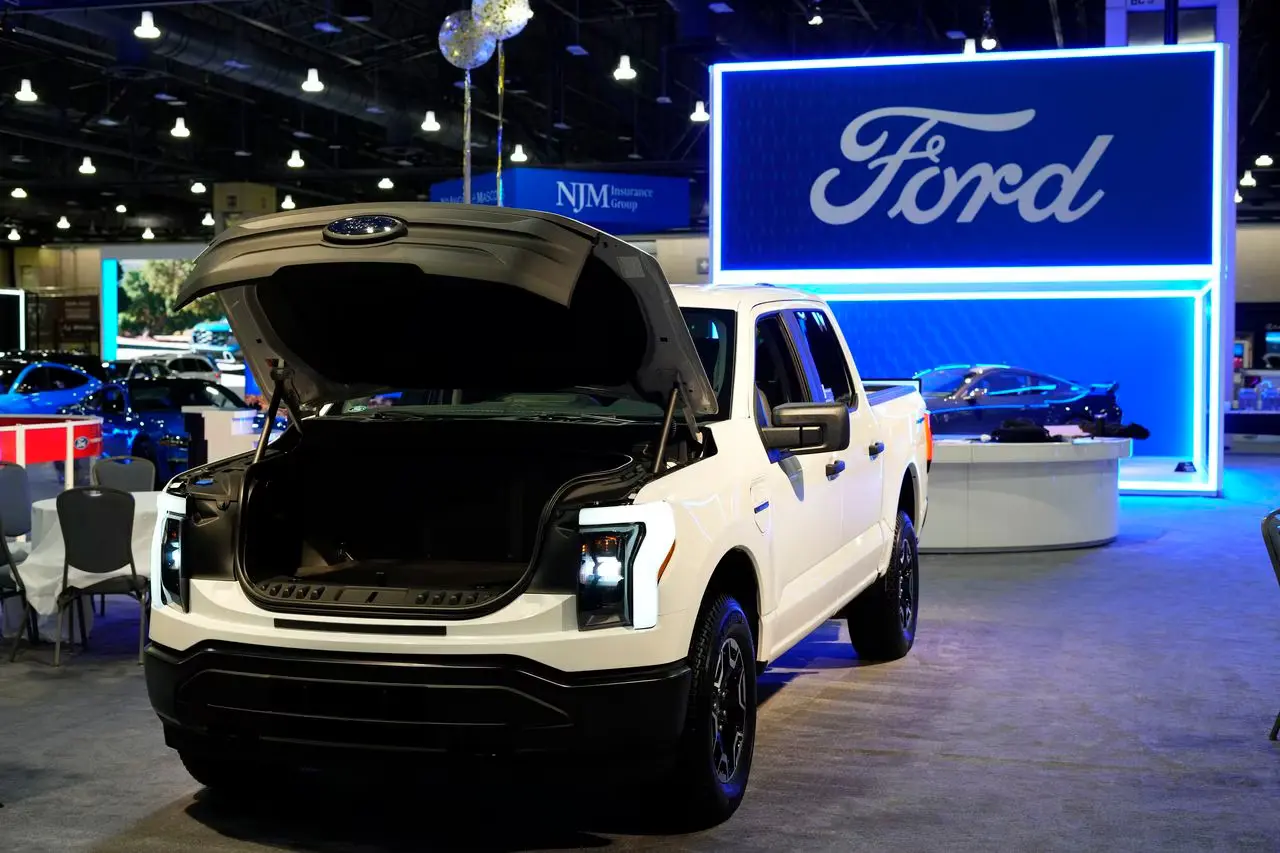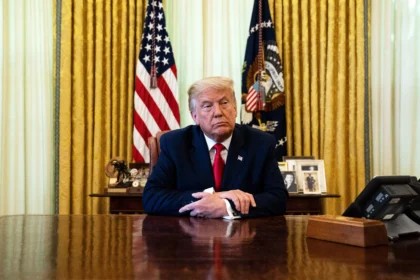Ford, the automaker, said on Monday, that Ford is stopping work on a major battery plant in the northern US state of Michigan just seven months after launching the project with a Chinese ally.
The blockage, which a Ford spokesperson confirmed to AFP, comes as the automaker faces a significant strike along with both of the other “Big Three” US automakers, Stellantis and General Motors.
The Ford spokesperson urged the decision about the $3.5 billion battery plant had not been related to the continuing strike, but rather the site’s future economic viability.
The spokesperson for Ford said, “We’re halting work and limiting spending on construction on the Marshall project until we’re confident about our ability to competitively operate the plant. We haven’t made any final decision about the planned investment there.”
In February, Ford reported the project in Marshall, Michigan as a way to diversify its battery profile away from its recent exclusive usage of nickel cobalt manganese (NCM), which is expensive to make because of raw material scarcity.
Ford said it would operate with the Chinese company Contemporary Amperex Technology Co. to manufacture lithium iron phosphate batteries starting in 2026 at the Marshall plant.
Several Republican officials had expressed resistance to the plant due to the collaboration with a Chinese company.
The auto giant said at the time that the technology involves less costly raw materials and can tolerate more frequent and quicker charging than NCM batteries.
The company said it is targeting annual global production of 600,000 electric vehicles by end-2023 and two million by the end of 2026.
Michigan Governor Gretchen Whitmer, a Democrat, touted the announcement in February as “another win for Michigan,” quoting the obtainment of 2,500 new manufacturing jobs.




